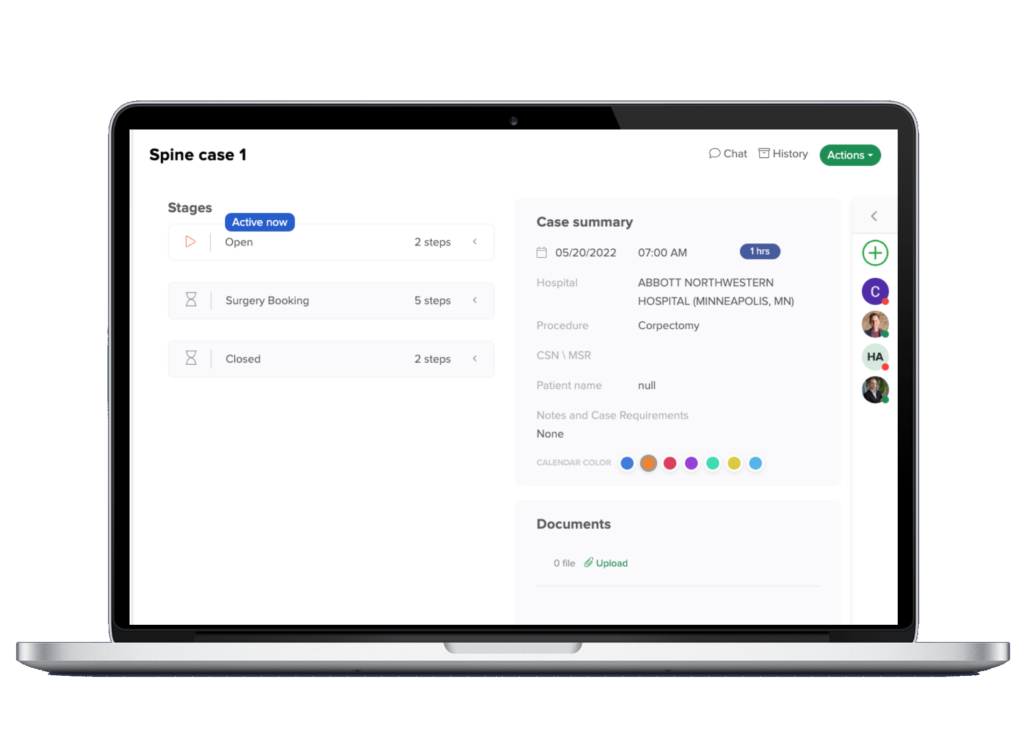As healthcare policy continues to evolve, ambulatory surgery centers (ASCs) need to stay vigilant about changes that could affect their operations. Policies influencing reimbursement rates, corporate taxation, and regulatory oversight can have substantial impacts on ASCs’ bottom line, patient volume, and growth strategies. This article delves into the potential implications of shifting policies, drawing insights from recent trends to help ASC leaders prepare for what lies ahead.
Understanding the Policy Landscape for ASCs
The last few years have introduced several shifts in healthcare policies that directly impact ASCs. Changes in Medicare offerings, corporate tax regulations, and merger policies have all played a role in shaping today’s healthcare environment. Let’s explore each of these factors and consider how ASCs can adapt to stay competitive and profitable.

1. Medicare Advantage Expansion: Opportunities for Growth
Medicare Advantage (MA) has become an increasingly popular choice for seniors due to its added benefits and potential cost savings. With over 30% of Medicare beneficiaries now enrolled in MA plans, ASCs can benefit from this shift. Expanded MA offerings may provide more funding options for outpatient surgical services, opening up new revenue streams. However, it’s essential to keep up with MA reimbursement guidelines, as they can vary significantly from traditional Medicare.
Key Takeaway: ASCs should evaluate their service offerings and contracts with MA plans to maximize revenue opportunities, especially as MA continues to grow within the Medicare population.
2. Corporate Tax Changes and Financial Planning
Changes in corporate tax policies can have substantial financial implications for ASCs, particularly those owned by larger healthcare organizations. Tax cuts can ease financial pressures and make it easier to reinvest in advanced medical technology or facility upgrades. Conversely, tax increases may require ASCs to find efficiencies elsewhere to maintain profitability.
Key Takeaway: ASC leaders should work with financial advisors to navigate corporate tax changes and explore options for reinvestment that enhance patient care while strengthening financial stability.
3. Impact of Healthcare Merger Regulations
Regulatory changes on healthcare mergers can also affect ASCs, particularly those affiliated with hospitals or healthcare systems. Policies that favor healthcare mergers may lead to more consolidated healthcare markets, which can increase access to capital and resources. However, this consolidation can also mean less competition and a potential increase in healthcare costs.
Key Takeaway: ASCs must evaluate the benefits of partnerships with larger healthcare organizations while remaining mindful of any potential antitrust regulations that may emerge.
4. Navigating the Complex Regulatory Environment
ASCs operate within a highly regulated environment, with compliance requirements that can change frequently. Federal policies on patient data privacy, quality reporting, and workplace safety are constantly evolving, and non-compliance can lead to hefty fines. Staying on top of these regulations is crucial for maintaining operations and avoiding unnecessary penalties.
Key Takeaway: Investing in healthcare compliance management software can help ASCs track regulatory changes, streamline reporting, and stay compliant with the latest standards.
5. Preparing for Value-Based Care and Patient-Centered Models
As healthcare shifts toward value-based care, ASCs need to focus on patient outcomes and quality metrics. Reimbursement models that reward high-quality care over high-volume care are likely to continue gaining traction. To stay competitive, ASCs should invest in systems that track patient outcomes, measure patient satisfaction, and streamline care coordination.
Key Takeaway: ASCs should consider adopting healthcare analytics tools that provide insights into patient outcomes and support continuous improvement in care quality.
6. Leveraging Technology to Optimize Efficiency
With policy changes often leading to increased demand for efficient healthcare delivery, technology can play a transformative role in ASC operations. From patient scheduling software to real-time data analytics, digital tools can reduce wait times, enhance communication, and improve overall workflow efficiency.
Key Takeaway: ASCs that leverage the latest healthcare software can reduce costs, streamline patient care, and improve operational efficiency, giving them a competitive edge.
7. Healthcare Workforce and Staffing Solutions
Policy changes also affect healthcare workforce regulations, including guidelines for staffing ratios and labor costs. As ASCs balance growth with staffing needs, leaders must focus on recruiting and retaining qualified professionals to meet patient demands.
Key Takeaway: Adopting flexible staffing solutions and implementing training programs that enhance skills can help ASCs retain top talent in a competitive job market.
8. Keeping Up with Patient Preferences
Patients are becoming more informed consumers, and they have increasingly high expectations when it comes to their healthcare experience. ASCs that prioritize patient satisfaction by offering personalized services, transparent billing, and convenient access to care will be better positioned to thrive in a patient-centered healthcare market.
Key Takeaway: Understanding patient preferences and adapting services to meet these needs can improve patient loyalty and satisfaction, making ASCs a preferred option for outpatient procedures.
Conclusion
Adapting to the evolving healthcare policy landscape requires ASCs to be proactive in their planning and strategic in their operations. By staying informed about policy changes, ASCs can position themselves for growth, enhance patient outcomes, and maintain compliance with regulatory standards. Focusing on Medicare Advantage expansion, financial planning, technological adoption, and patient-centered care will allow ASCs to successfully navigate upcoming changes and continue delivering value to both patients and providers.
How HUB Healthcare Can Help
HUB Healthcare offers a comprehensive solution designed to enhance communication in healthcare, streamline care coordination, and improve overall workflow efficiency. Our platform includes features such as healthcare analytics, patient scheduling tools, and compliance management systems to support ASCs in adapting to changing policies. By leveraging HUB Healthcare’s robust tools, ASCs can reduce workflow bottlenecks, automate repetitive tasks, and facilitate better collaboration among healthcare providers, ensuring they remain competitive in a dynamic healthcare environment.



